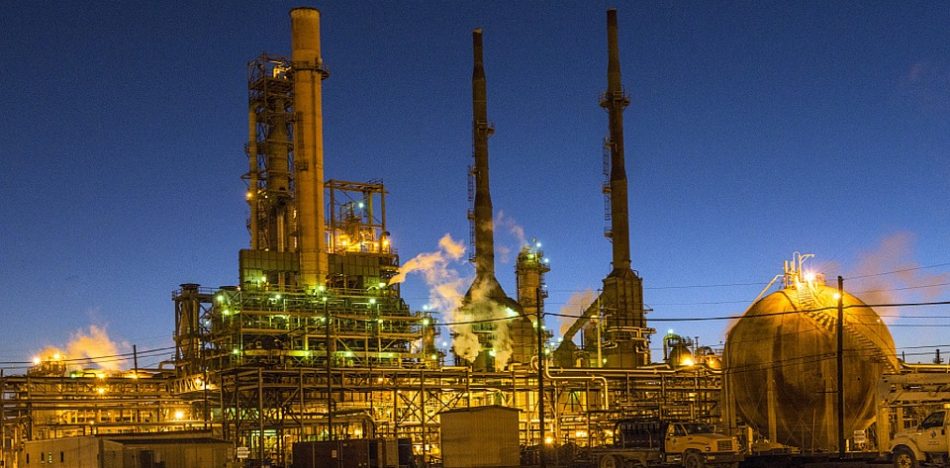
Spanish – The pandemic, border closures, restricted mobility, and strict biosecurity protocols have left the oil sector in a deep recession, as the president of the Colombian Petroleum Association (ACP), Francisco Lloreda has stated.
As a result of the lockdown, hydrocarbon consumption in the country fell by 30% in the last three months. Crude oil production fell to 720,000 barrels per day, compared to 890,000 barrels per day in 2019.
According to a report in El Tiempo, the crisis has destroyed 5,000 jobs and reduced tax collection in the territories by 20%, thereby affecting the finances of oil regions such as Meta and Casanare.
In Colombia, about 70% of oil production comes from the state company Ecopetrol and the remaining 30% from private companies or joint ventures between private companies and the state-owned company, and that impacts the industry as a whole.
Due to the high operating costs, private companies have been especially affected, since, in addition to royalties, they have to pay a high rate for the transportation of crude oil in the country, a cost that Ecopetrol does not face since it has practically a monopoly on hydrocarbons within the country.
El presidente de @ACP_Colombia, @fcolloreda, explica las causas estructurales que afectan las tarifas de transporte de oleoducto y las hacen poco competitivas para la industria y el país.
Léalo hoy en @Portafolioco https://t.co/K8XAiBWXQk pic.twitter.com/VySbHkyG6K
— Asociación Colombiana del Petróleo (@ACP_Colombia) June 17, 2020
Regarding the transport tariff, Lloreda explained in an article for Portafolio that “The formula remunerates the asset based on valuations provided by the carrier at the beginning of each four-year tariff period. The regulation seems to allow the transporters, for the purpose of setting the tariff, to use the same value without suffering any depreciation.”
In the last three months, oil companies have had to close fields and wells, and several companies face grave financial difficulties. The last six years have seen a gradual drop in foreign investment in the country’s hydrocarbon sector, and the pandemic may have made this critical state much worse.
Ecopetrol itself had to close about 300 wells, which reduced production by about 24,000 barrels per day, a drop of 3.2%. Meta and Casanare, the departments responsible for the production of 60% of the country’s hydrocarbons as a result of the sector’s decline, could see their oil revenues impacted sharply in the coming year.
Despite the turbulent scenario, the country began its recovery in May with the gradual re-openings and experienced a 40% recovery in the consumption of liquid fuels after a 60% drop in April.
El presidente de @ACP_Colombia, @fcolloreda, nos cuenta cómo la demanda de combustibles líquidos⛽️ se ha venido recuperando, con un crecimiento de 40% en mayo, y destaca este como un indicador del inicio de la reactivación económica del país ??. pic.twitter.com/EoPhVzuHYx
— Asociación Colombiana del Petróleo (@ACP_Colombia) June 9, 2020
Although the Finance Ministry’s forecasts expect a slight recovery soon, the nation’s fiscal revenues could be strongly affected in the following years, making a tax reform for next year even more likely.
 Versión Español
Versión Español












